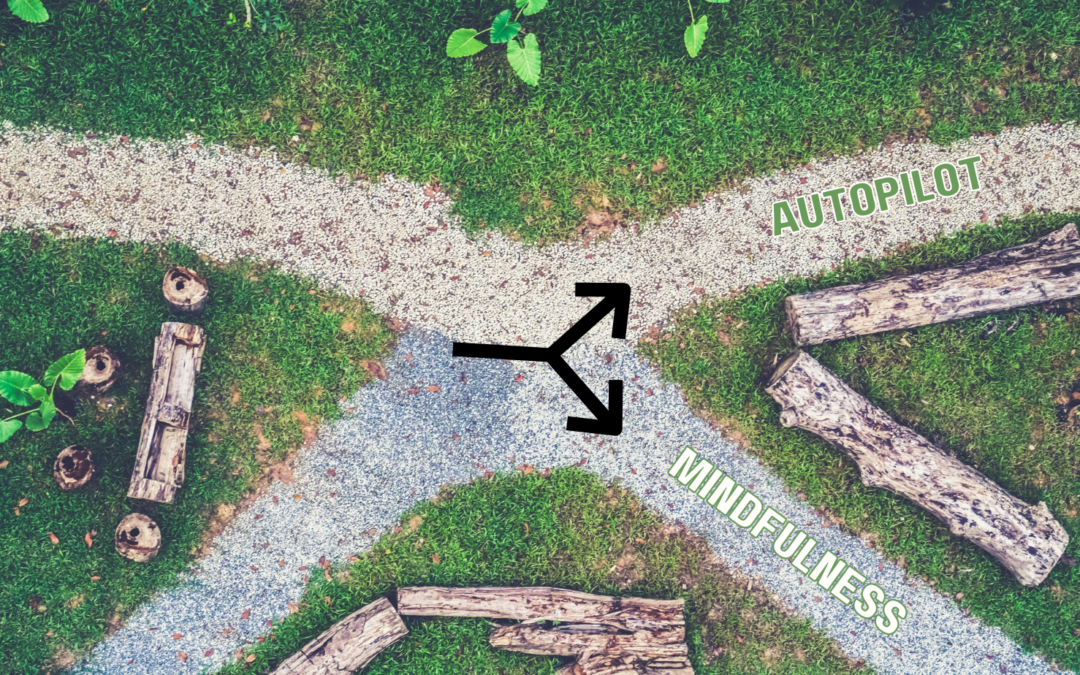
In today’s fast-paced society, it’s all too easy to find ourselves cruising on autopilot, navigating through our days with little thought or intention. Juggling the demands of work, family, and personal life, we can often slip into this mode without even realizing it. But what happens when we allow ourselves to be governed by habit rather than choice? It’s time to reclaim control of our health and our lives by unplugging from autopilot and embracing mindful living.
Understanding Autopilot
Autopilot is that state of being where we operate mindlessly, moving through our daily routines and habits without much conscious thought. It’s like going through the motions, day in and day out, without truly being present in the moment. Research suggests that living on autopilot can lead to feelings of disconnection and dissatisfaction with life. Studies have shown that chronic autopilot mode is associated with increased stress, anxiety, and even physical health issues like obesity and heart disease.
Recognizing the Signs
So how do you know if you’re living on autopilot? Common signs include feeling stuck in a rut, lacking energy or motivation, and engaging in mindless behaviors like eating without truly tasting your food. Perhaps you’ve caught yourself zoning out during conversations or mindlessly scrolling through social media for hours on end. These are all indicators that you may be stuck in autopilot mode.
Breaking the Cycle
The good news is that breaking free from autopilot mode is possible, and it starts with mindfulness and self-awareness. By bringing attention to our thoughts, feelings, and actions in the present moment, we can begin to disengage from autopilot and regain control of our lives. Practices like meditation, journaling, and mindfulness exercises can help cultivate this awareness and presence.
Taking Control of Your Health
Living on autopilot can take a toll on our health, affecting everything from nutrition and exercise to sleep and stress levels. But by making small, intentional changes, we can prioritize our well-being and create healthier habits. This might involve meal planning to ensure balanced nutrition, finding enjoyable forms of exercise that nourish both body and soul, and establishing a bedtime routine to promote restful sleep.
Creating a Life of Purpose
Ultimately, breaking free from autopilot means living with intention and purpose. By identifying our values, passions, and goals, we can align our actions with what truly matters to us, leading to greater fulfillment and happiness. Whether it’s volunteering in our community, pursuing hobbies that bring us joy, or setting meaningful goals for ourselves, we have the power to create a life that feels purposeful and meaningful.
Conclusion
In a world that often pulls us in a million different directions, it’s crucial to pause, reflect, and reconnect with ourselves. By unplugging from autopilot and embracing mindful living, we can take charge of our health and our lives, one conscious choice at a time. So let’s commit to being present, being intentional, and living our lives with purpose. Together, we can create a future that’s vibrant, healthy, and full of possibility.
I invite you to share your experiences with breaking free from autopilot mode in the comments below. How has mindfulness and self-awareness transformed your life? And don’t forget to subscribe to our blog for more tips and resources on wellness and personal development. Let’s embark on this journey of mindful living together, supporting and uplifting one another along the way.
With Love,
Coach Cierra

